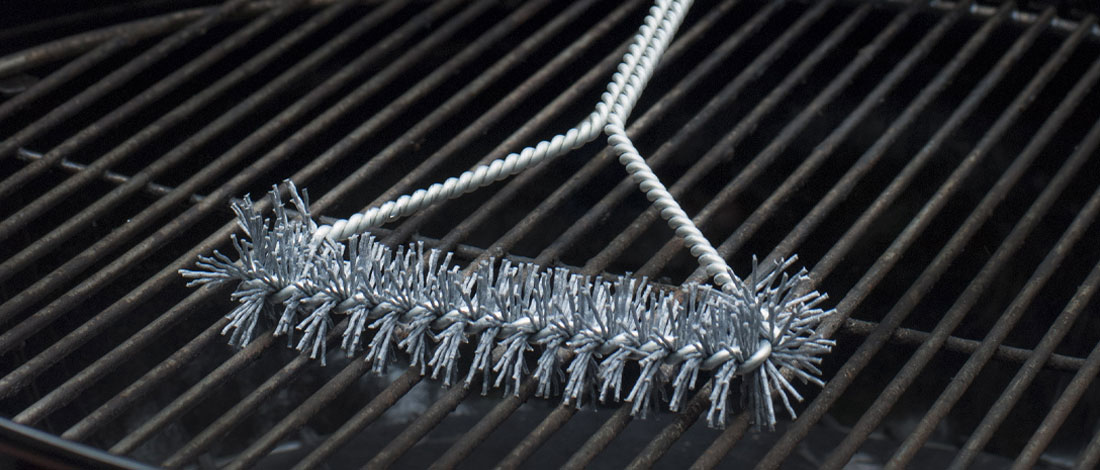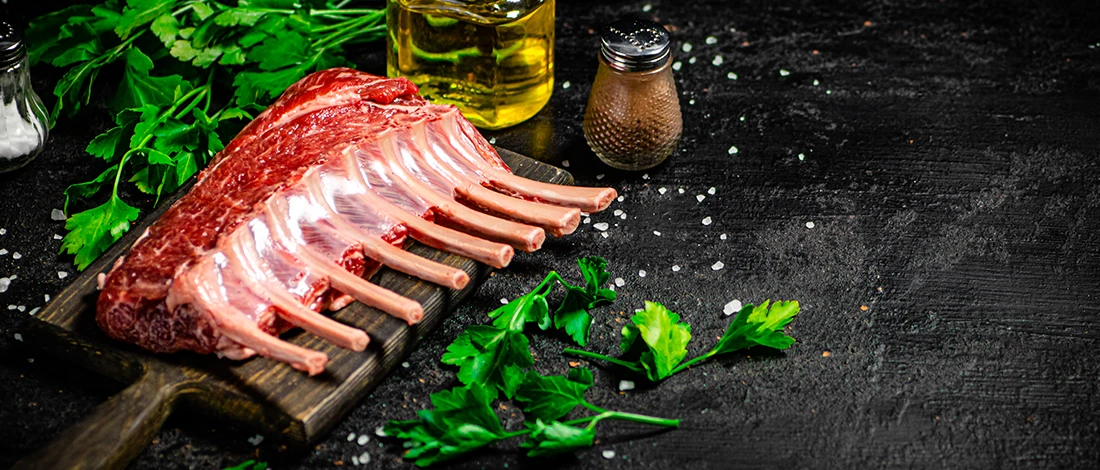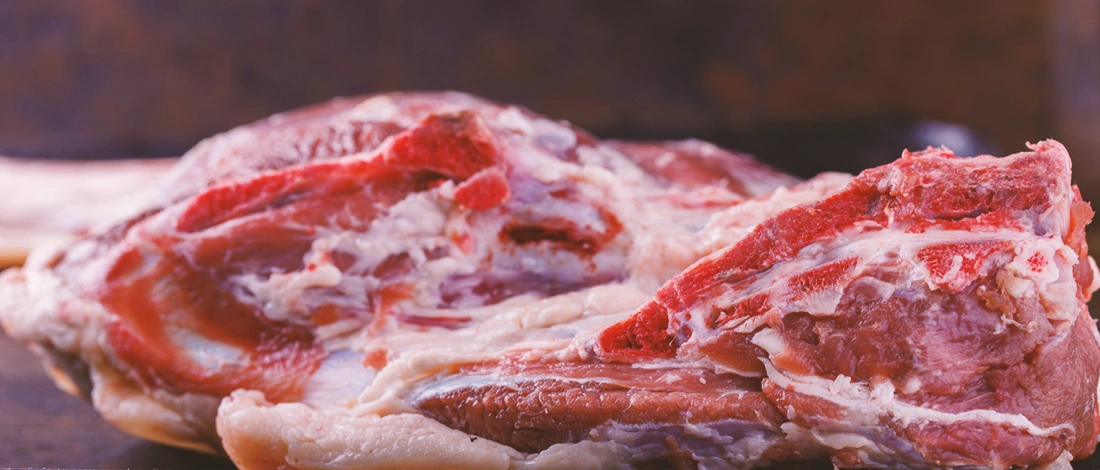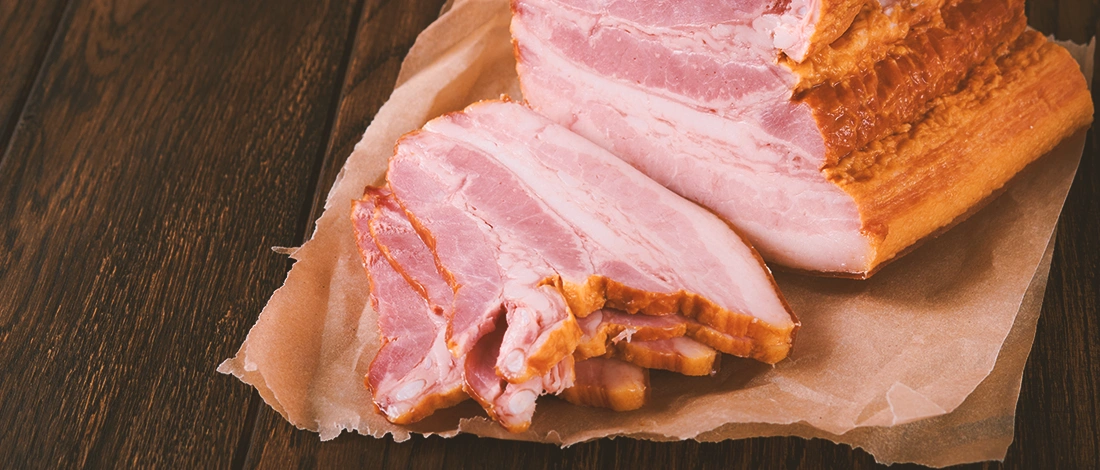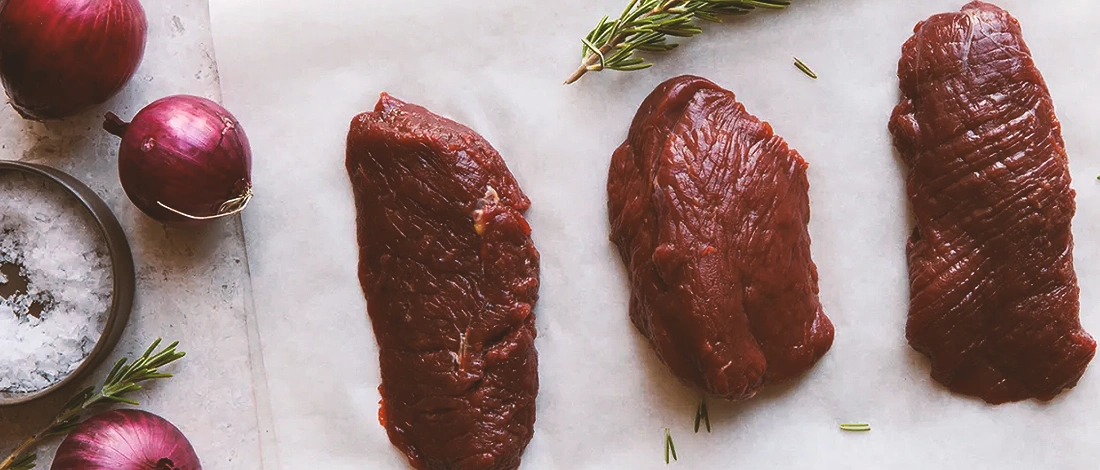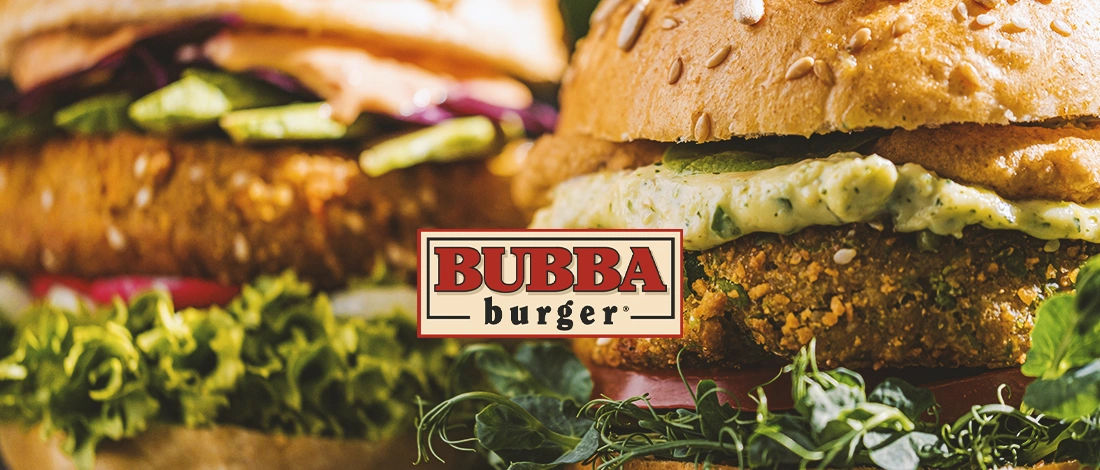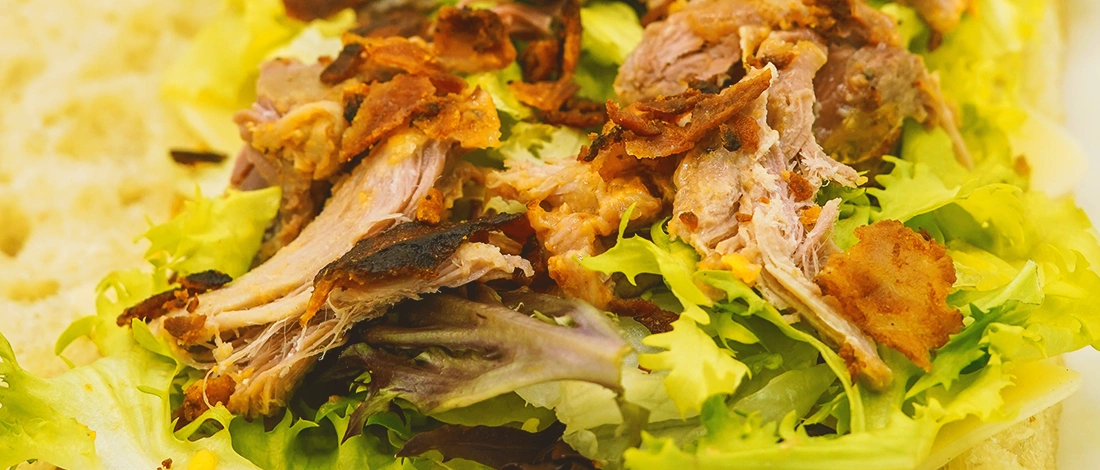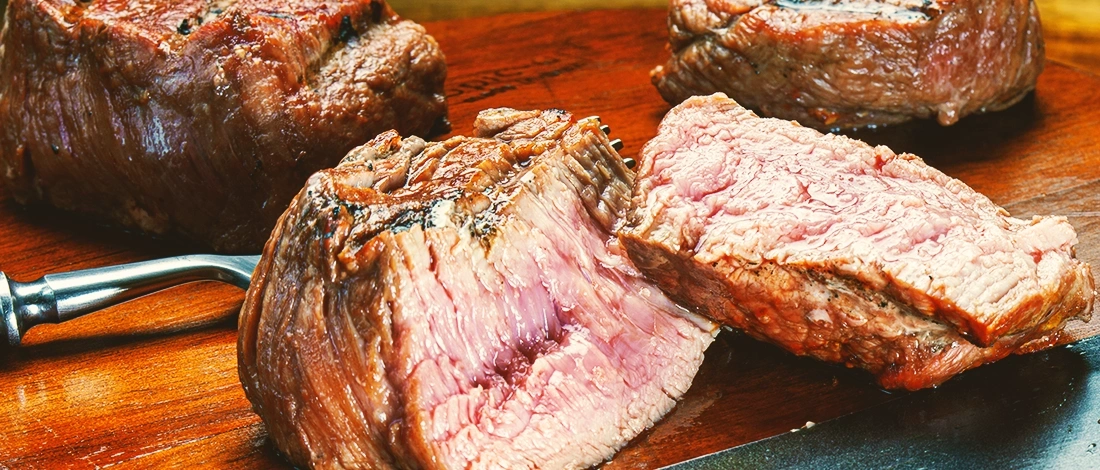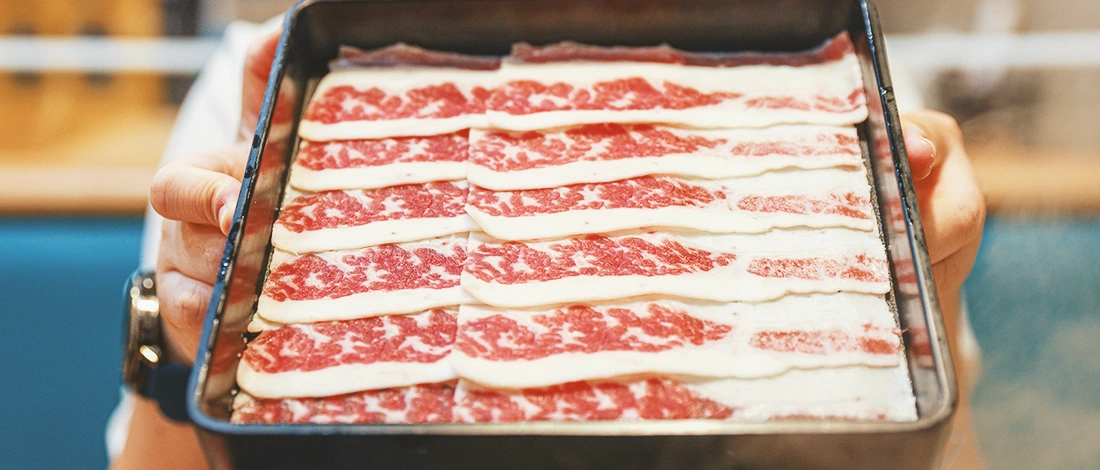Most Popular in Category

By Timothy Woods 1 month ago
How to Control Temperature in a SmokerA Step-by-Step Guide
I love smoked meat. Smoking is like a small revolution in BBQ where you can cook almost everything on the grill and make it possible to prepare delicious food.
Is it easy? No, it’s not! Exhaust vent, top vent, different smokers, adjusting the lid, hot air, different temperatures, long hours - it is a school you need to pass to become a master in grilling food.
To get the best results, the... Read more >
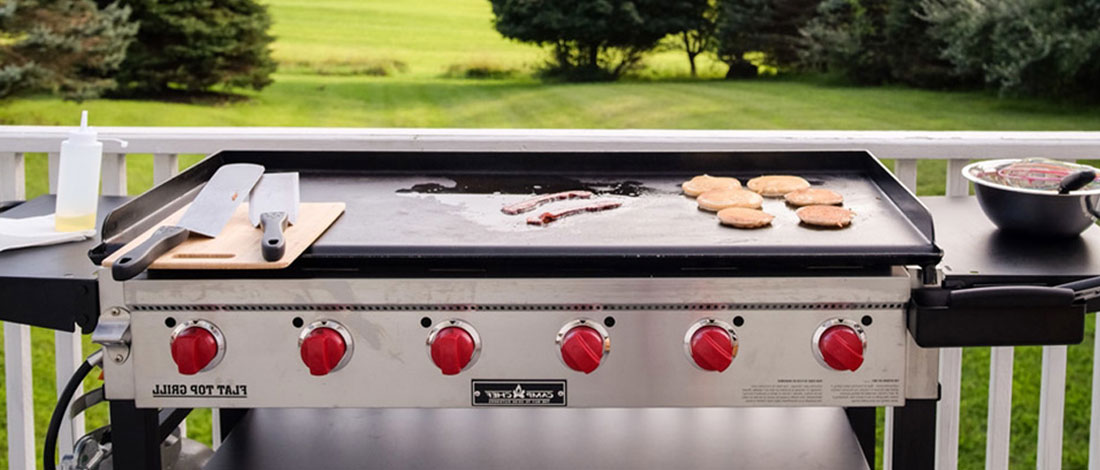
By Timothy Woods 1 month ago
What’s The Best Way To Clean A Flat Top Grill?8 Proven Cleaning Methods

